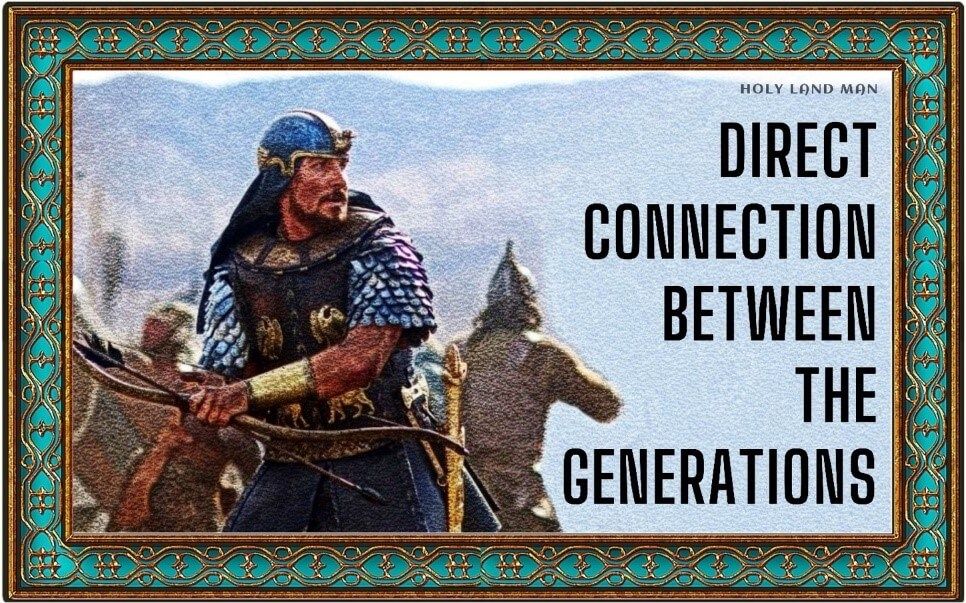Moreover, even the earliest historians from the nations of the world, the Ancient Greeks and the Romans, when writing about the Jews, describe the Exodus as a historical event (though they paint it in antisemitic colors). Those historians had access to many historical documents that are not in our possession today, such as those preserved in the Great Library of Alexandria, which contained hundreds of thousands of books. If the great historians had found there a different record of the history of the People of Israel, from Egyptian or other sources, these scholars would probably have mentioned it. From the fact that they also do not have a different version of events, it can be concluded that the tradition of the People of Israel was also accepted by the other peoples of the region, and was considered by all to be part of history.
We have thus seen that the Jewish tradition describes events in which it is difficult to see how an entire nation can be persuaded if they did not actually happen. In addition, it has a distinctly historical character, detailing exactly the dates on which the events took place, their exact location, the names of the people who attended them, their number and ages, and so on. These are characteristics of historical documentation, not of folk legend or myth. In contrast, the vast majority of the traditions found in other peoples do not include these characteristics. Ancient mythological stories mostly describe esoteric events, such that it is not known who witnessed them, if at all, and there is no continuous connection between the later believers and the original witnesses.









